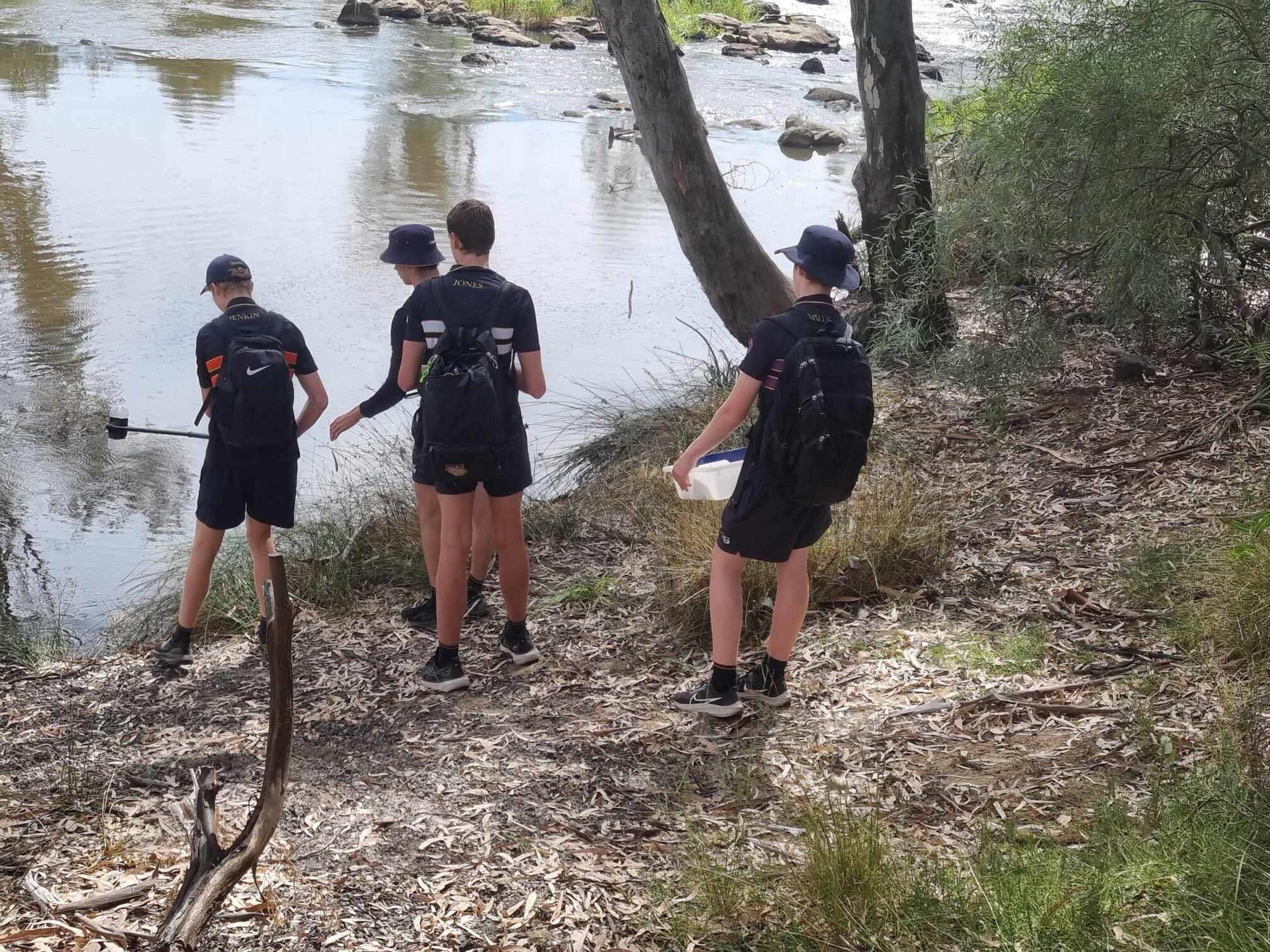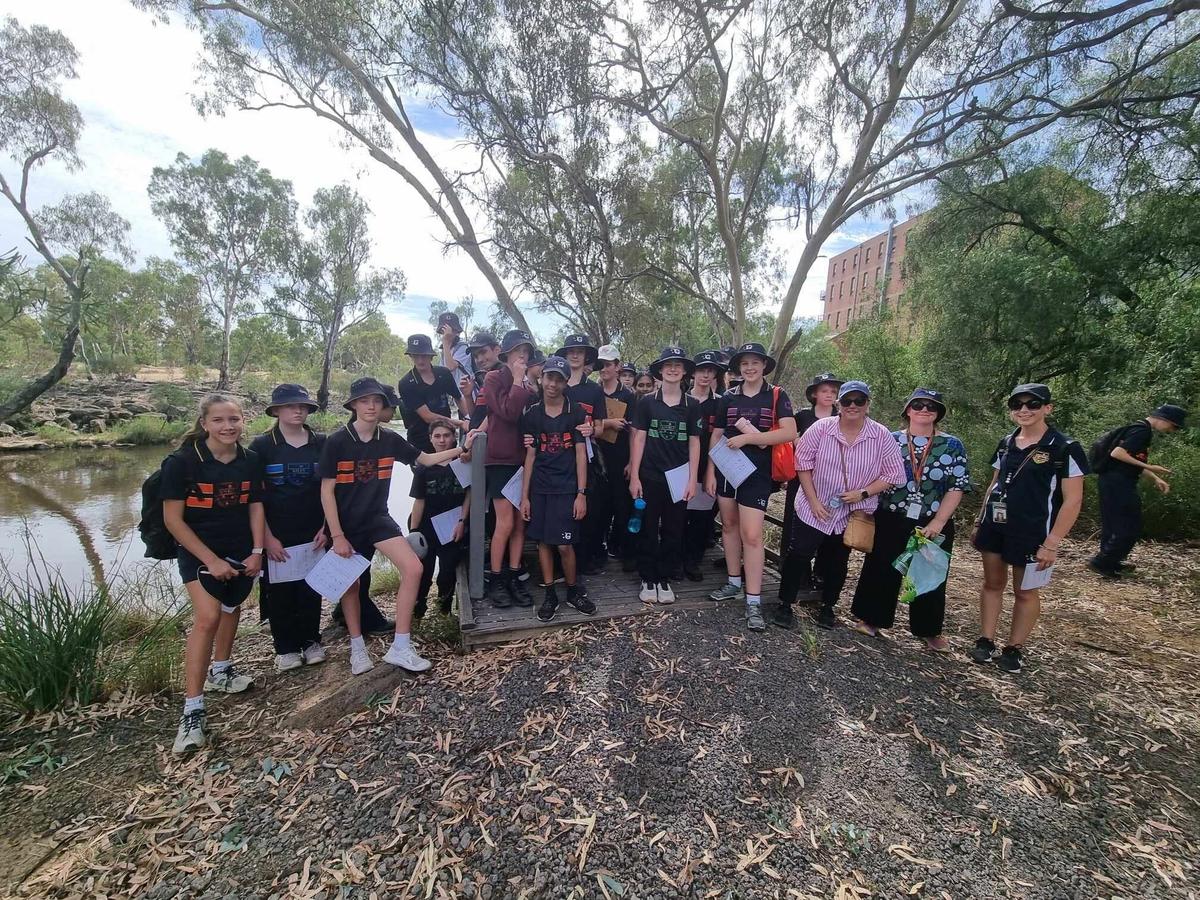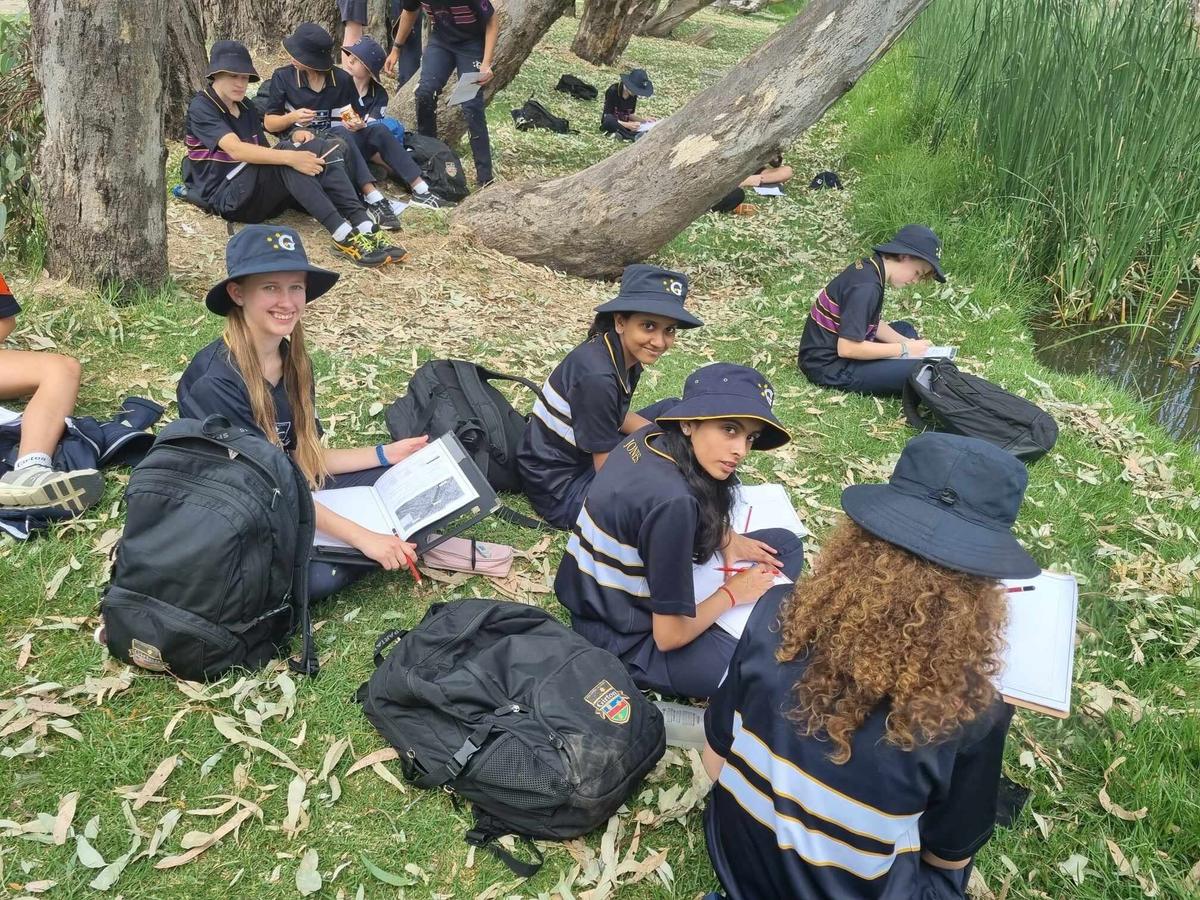Humanties Department News

Humanities Help – revamped for 2024!
This year, the Humanities Help sessions will have a double focus – providing a place for students to come and seek extra help, as well as to meet up with like-minded students with a passion for the Humanities. Each week we will have a specific focus to encourage students to come and experience different facets of the Humanities and explore their passions! Humanities Help runs every Thursday lunchtime in M13. Students are welcome to bring their lunch and are encouraged to bring a friend!
Term 2 timetable
| Date | Theme | Teachers |
| Week 3: Thursday 2/5 | Lumination Lab experience | Ms Siakew, Mr Smeelie |
| Week 4: Thursday 9/5 | History Games | Mrs Naughton, Ms Mountain |
| Week 5: Thursday 16/5 | Humanities Quiz Competition | Mr Smeelie, Ms Siakew |
| Week 6: Thursday 23/5 | Examination Revision Skills | Mrs Naughton, Ms Siakew |
| Week 7: Thursday 30/5 | Examination Revision Skills | Mrs Blanks, Mr Smeelie |
| Week 8 | EXAMINATION WEEK | |
| Week 9: Thursday 13/6 | NAIDOC Week activities | Mrs Naughton, Ms Mountain |
| Week 10: Thursday 20/6 | History Games! | Mr Smeelie, Ms Siakew |
Humanities Department classroom practices
This year the Humanities Department is introducing some exciting changes to our classroom practice with the aim of improving student learning and engagement.
Incorporating explicit instruction practices into all Humanities lessons
Explicit instruction is vital for effective learning, as educational expert Anita Archer emphasises. She asserts, "If students haven't learned, we haven't taught". This highlights the responsibility of educators to ensure learning is explicit and accessible to all students. Archer advocates for clear and systematic teaching methods, stating that educators should "Teach by telling, not by asking". This approach ensures crucial information is directly conveyed to students, minimising ambiguity and maximising comprehension. Through explicit instruction, educators can empower students to confidently navigate complex concepts and develop the skills needed for academic success. Explicit instruction practices in Humanities lessons enhance learning by providing clear and structured guidance. It ensures students grasp fundamental concepts, develop critical thinking skills, and make meaningful connections to real-world contexts. Explicit instruction promotes deeper understanding, fosters student engagement and equips learners with the necessary skills to analyse, evaluate and communicate effectively in the humanities disciplines.
Introducing mini-whiteboards
Mini-whiteboards are valuable tools to use in lessons as they promote active engagement, collaboration and immediate feedback. They allow students to express ideas freely, participate actively in discussions, and receive instant validation of their understanding. Additionally, mini-whiteboards foster a low-pressure environment for practising new concepts and enable teachers to quickly assess student progress, facilitating targeted interventions to address misconceptions. They are an excellent formative assessment technique.
Gradual Release of Responsibility Model
The Gradual Release of Responsibility Model is an instructional framework where teachers gradually shift responsibility for learning from themselves to students. It consists of three stages: "I Do" (teacher modelling), "We Do" (guided practice), and "You Do" (independent practice). This approach scaffolds learning, allowing students to develop confidence and mastery while receiving appropriate support and feedback along the way. Throughout each stage of the Gradual Release model, we are employing various strategies to assess student comprehension. Teachers are using questioning techniques to gauge understanding before, during and after formative assessment. We are monitoring student responses on mini-whiteboards and various other formative assessment methods and providing immediate feedback to address misconceptions or errors.
Introducing consistent cues
By establishing consistent visual cues or signals to prompt students during their lessons, we are reducing cognitive load and fostering a smoother transition between activities. This also helps students to anticipate and prepare for each activity.
Creating cross-curricular connections
In an already crowded curriculum, another way to reduce cognitive load for our students is to make use of the cross-curricular links between different subject areas. The Humanities and Science departments have collaborated this year to create a cross- curricular unit that brings together key focus areas from the Landscapes and Landforms Unit in Year 8 Geography and the Earth Science Unit in Year 8 Science. As part of this combined unit, students conducted Geography fieldwork to measure the health of the Loddon River, which included collecting and testing water samples for pH levels, electrical conductivity and turbidity. The Year 10 Geography and VCE Units 1/2 Environmental Science class also joined the Year 8 students on this excursion, again fostering the connection between Geography and Science. Year 8 students also went on an excursion to the Central Deborah Gold Mine and learned about the mining process and what types of rocks yield different minerals. Real-world connections bring the curriculum to life for our students, making their learning relevant.
Sarah Siakew
Head of Humanities
Melinda Naughton
Assistant Head of Humanities













